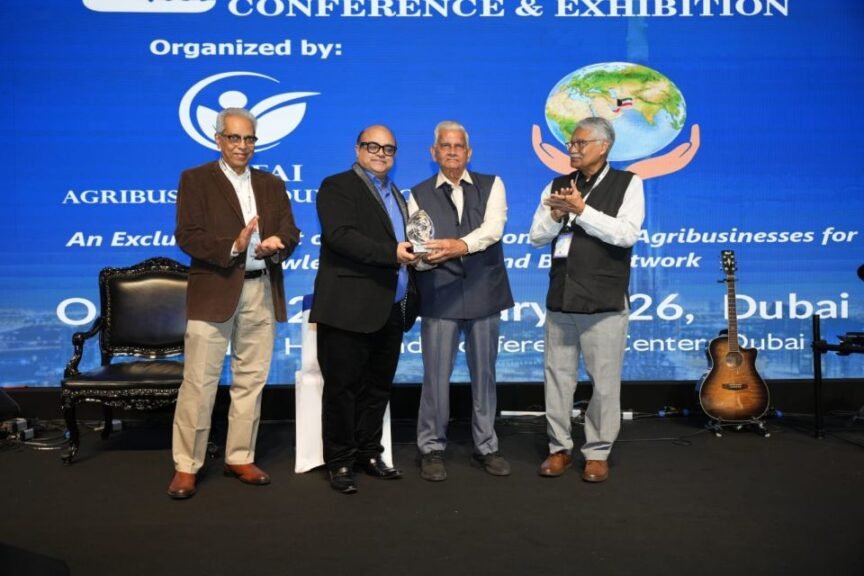The is government’s follow-up report highlights the ongoing efforts to ensure the safety and quality of Indian food exports, addressing specific concerns while maintaining international trade standards
Recent media reports have clarified that Indian spices have not been banned in Singapore or Hong Kong. This follows a statement by the Ministry of Commerce, which was presented in the Rajya Sabha, dismissing rumors of a blanket ban on Indian spices in these countries. Minister of State for Health, Anupriya Patel, confirmed that while specific batches of spice mixtures exported from India were recalled due to the presence of ethylene oxide (EtO) above permissible limits, there is no comprehensive ban in place.
In response to these recalls, the Singapore Food Agency implemented a temporary “Hold-and-Test” regime for one month on consignments of spices from associated brands. This precautionary measure ensures that the imports meet the required safety standards before entering the market.
The Spices Board of India, operating under the Ministry of Commerce and Industry, has proactively taken steps to address these concerns. They have introduced mandatory pre-shipment testing of spices bound for export and issued detailed guidelines to prevent EtO contamination. These guidelines cover all stages of the spice production process, including the procurement of raw materials, packing, storage, and transportation.
-
FSSAI is also working on enhancing the quality and safety of fortified rice through its standards for rice fortification
-
The organization has launched a dedicated portal, FoRTRACE (Fortified Rice Traceability), to track the process from the manufacturing of premix to the production of fortified rice
Additionally, the Food Safety and Standards Authority of India (FSSAI) remains vigilant in ensuring the safety of food products available to consumers across the country. Through its state and regional offices, FSSAI conducts regular surveillance, monitoring, inspections, and random sampling of various food products, including spices, dairy products, and fortified rice. This is done to ensure compliance with the standards set forth by the Food Safety and Standards (FSS) Act, 2006.
In cases where non-compliance is detected, FSSAI initiates penal action against the defaulting food business operators (FBOs) as per the provisions of the FSS Act. Notably, FSSAI has conducted pan-India surveillance on milk and milk products multiple times, with reports from 2018, 2020, and 2022 available for public viewing. The agency has also conducted national-level surveillance on spices in 2022.
***********************************************************
Readers
These are extraordinary times. All of us have to rely on high-impact, trustworthy journalism. And this is especially true of the Indian Diaspora. Members of the Indian community overseas cannot be fed with inaccurate news.
Pravasi Samwad is a venture that has no shareholders. It is the result of an impassioned initiative of a handful of Indian journalists spread around the world. We have taken a small step forward with the pledge to provide news with accuracy, free from political and commercial influence. Our aim is to keep you, our readers, informed about developments at ‘home’ and across the world that affect you.
Please help us to keep our journalism independent and free.
In these difficult times, running a news website requires finances. While every contribution, big or small, will make a difference, we request our readers to put us in touch with advertisers worldwide. It will be a great help.
For more information: pravasisamwad00@gmail.com









